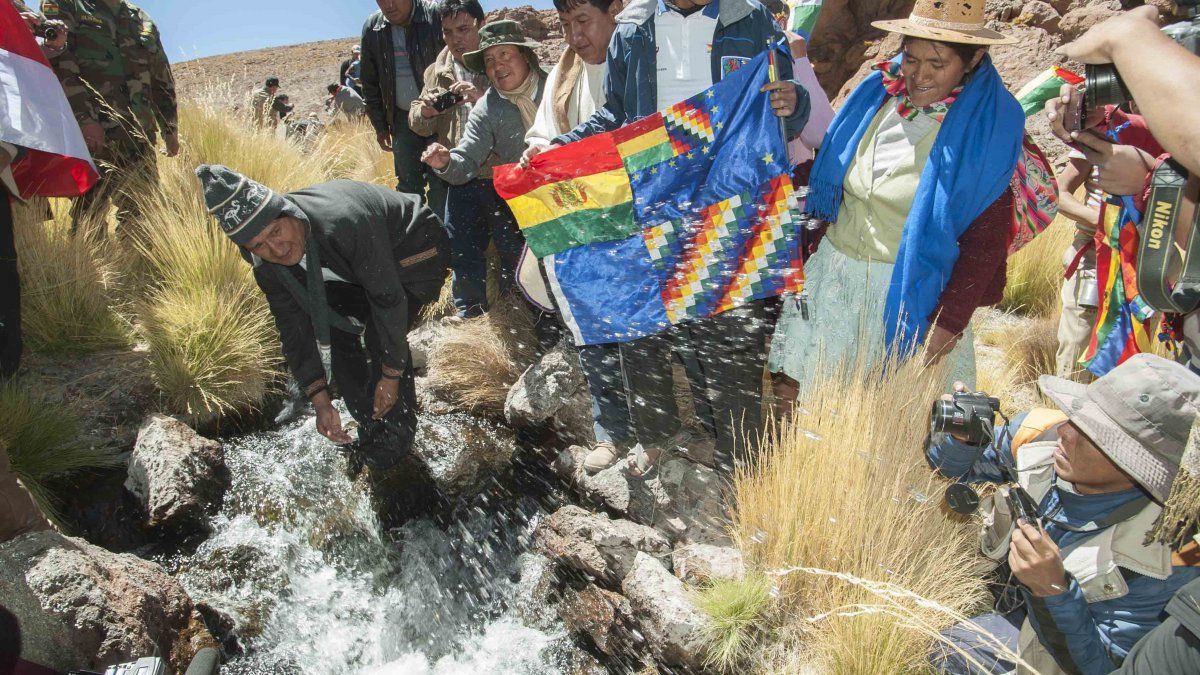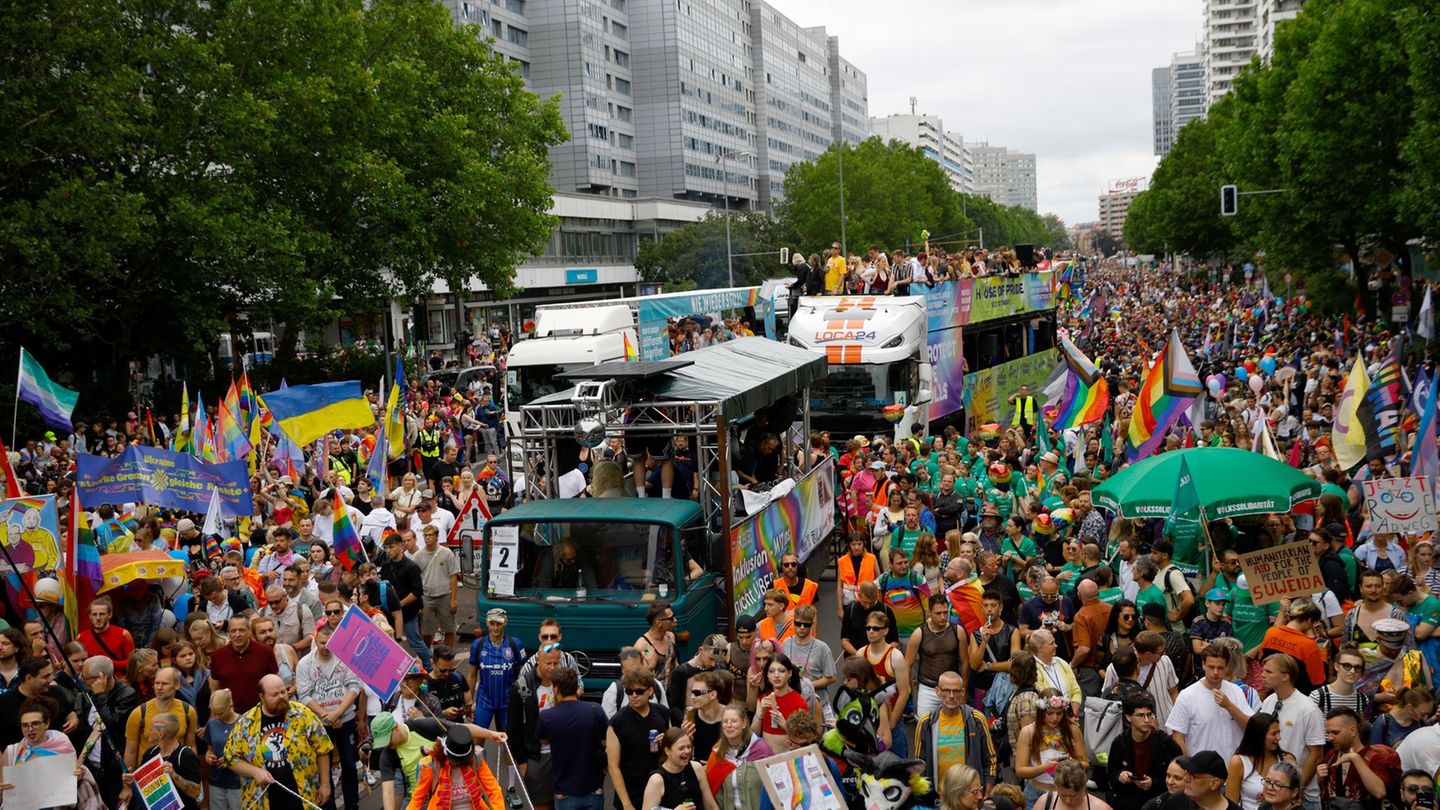The case dates back to 2016, when Chile unexpectedly filed a lawsuit over the waters of the Silala, in the midst of another dispute between the two countries at the ICJ in which La Paz demanded that Santiago be forced to negotiate a sovereign outlet to the sea, which was rejected by the court in October 2018.
Chile demands that the ICJ declare the Silala an international river with a successive course and the use of shared waters. For its part, Bolivia maintains that the Silala is a tributary that originates in its territory in springs and underground waters and requires Chile to pay for the use of these waters.
The lawsuit occurs after Chile admitted the payment of 50% of the use of the waters in a pre-agreement reached with Bolivia in May 2009. But, Bolivia raised two years later that the payment be from the concession of the waters to Chile at the beginning of the 20th century, acknowledging a historical debt.
With this lawsuit, Chile “protects its rights to use the waters of the Silala River” in the face of Bolivia’s position that “it owned 100% of its waters,” according to a document released to the press by the Chilean Foreign Ministry.
With the Silala lawsuit, Chile reacted to the accusation launched a year earlier by the former president’s government Evo Morales alleging that Santiago was “stealing” the waters of this river, within the framework of a strategy to show it internationally as an “abusive State”.
In August 2018, Bolivia presented its arguments to the Chilean lawsuit and “countersued” the country in the same case, stating that an important part of the flow of water that runs towards Chile is artificial and that it must pay for its use.
The arguments begin on Friday and conclude on April 14. The ICJ does not have a defined deadline to deliver its final ruling, but the Chilean delegation hopes that it will be a quick process and the sentence will be known in about six more months.
Chile and Bolivia have not had diplomatic relations since 1978, after unsuccessful negotiations to resolve the Bolivian maritime demand.
Santiago asks the ICJ to declare the Silala an international river and stipulate its “equitable and reasonable” use.
The Chileans argue that, due to the natural slope, the water they use does not impact Bolivia. “Due to the effect of gravity, the water can only flow towards Chilean territory,” says the text from the Chilean Foreign Ministry.
37% of the waters of Silala, Chile are destined for human consumption in the city of Antofagasta and the rest for copper mining, a metal of which it is the world’s main producer.
Meanwhile, Bolivia maintains that the course of the Silala waters was artificially intervened after channeling carried out in the last century, based on the concession that the Bolivian government gave to a railway company with British and Chilean capital.
“There are well-founded legal reasons that make the Chilean position more solid. Among other things, because Bolivia has had some changes in its argument over time. On the other hand, the Chilean position is historically more coherent,” the academic from the University of Chile, Gilberto Aranda.
The international analyst highlights that it is a case less “bullied” than the previous one, without media campaigns by both foreign ministries to sensitize international public opinion.
The Silala has an extension of 10 km, six of them cross into Chilean territory.
Source: Ambito
David William is a talented author who has made a name for himself in the world of writing. He is a professional author who writes on a wide range of topics, from general interest to opinion news. David is currently working as a writer at 24 hours worlds where he brings his unique perspective and in-depth research to his articles, making them both informative and engaging.




